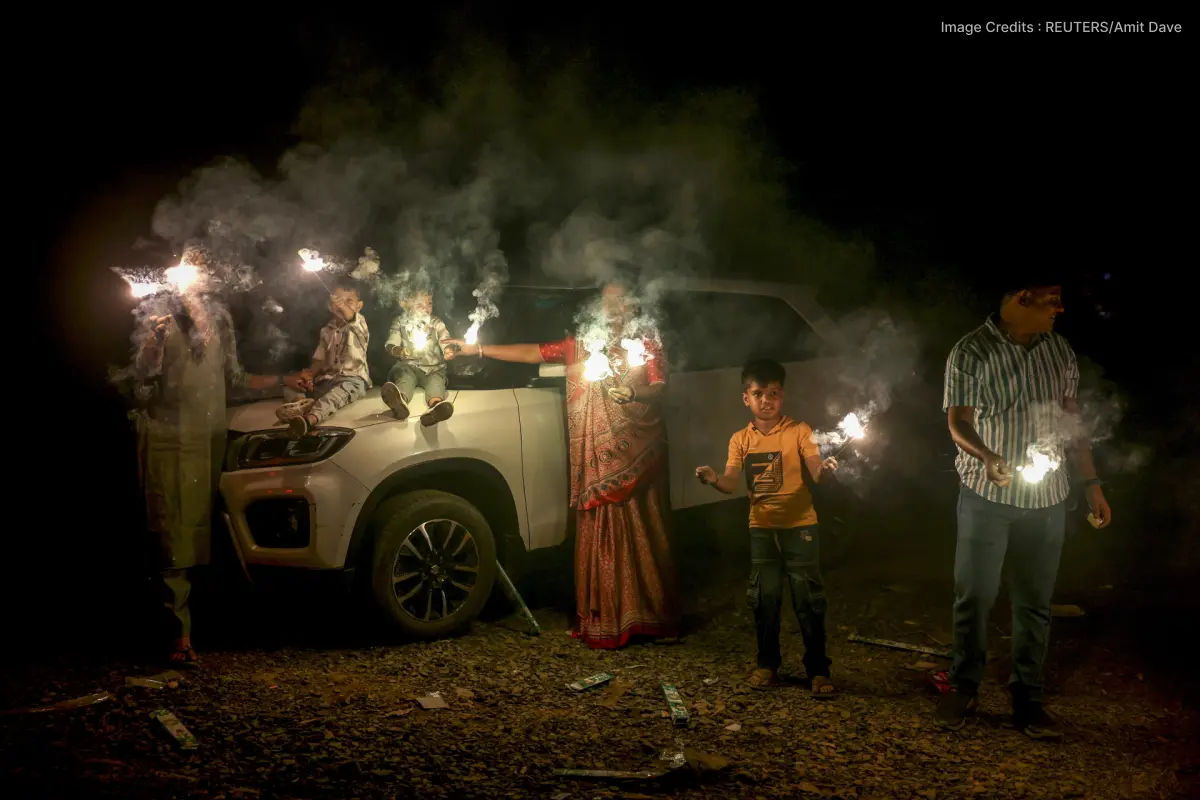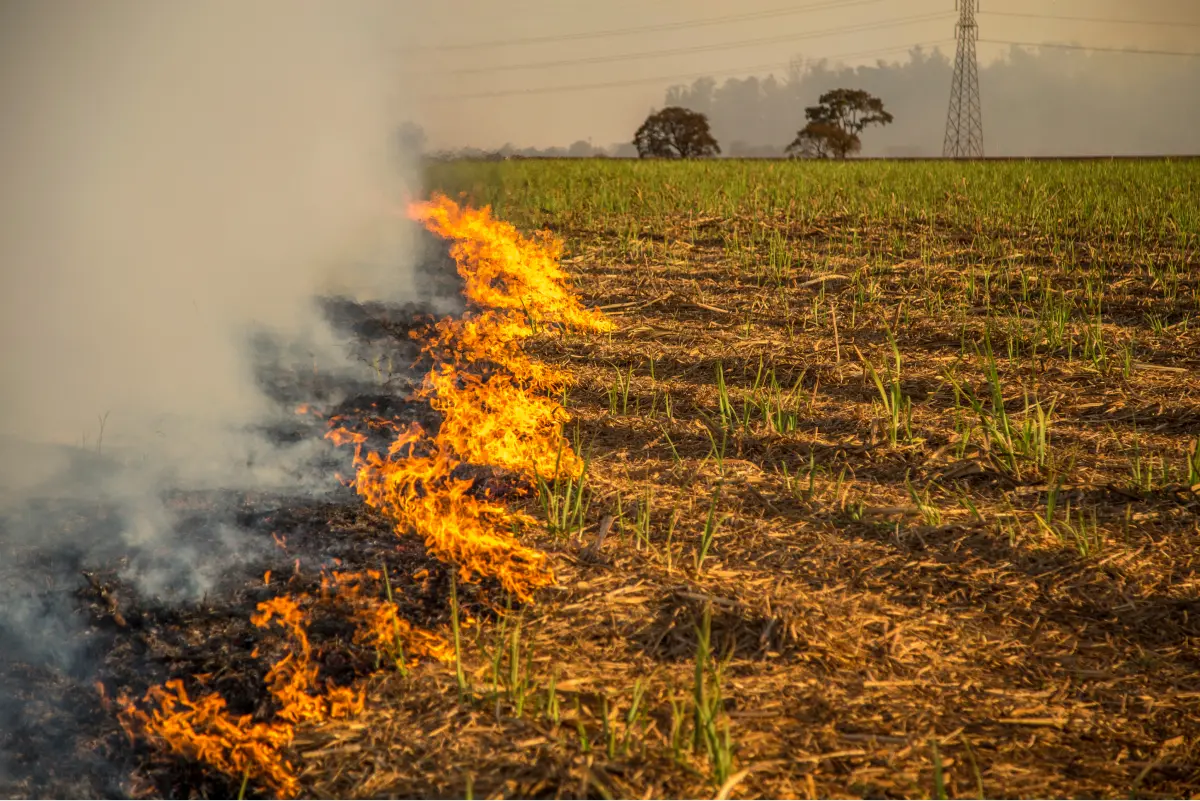Key Points of the Hearing of the Supreme Court on Delhi Air Quality:
- Firecracker Bans Deadline decision: The SC ordered the Delhi Government to decide on the ban by 25th November.
- States Accountability for pollution: Haryana, Punjab and Uttar Pradesh ordered for ban on stubble burning.
- Accountability for measures: The Delhi Police asked to file an affidavit stating the actions and steps taken for the firecracker ban.
“There’s a right to live in a pollution-free atmosphere under Article 21.”: said the India’s biggest court.
For continuously more than 12 days, Air quality in Delhi has remained in the “Severe” category. The post-Diwali air quality in Delhi is concerning as addressed by the Supreme Count on Monday. The Supreme Court on Delhi air pollution emphasized that “No Religion Encourages Activities That Promote Pollution”.
A remarked bench of Justice Abhay S Oka and Justice Augustine George Masih addresses the crisis in the capital. The message highlights that no religious practices should affect the environment or public health that results in severe conditions.
They highlighted the point that no religion has any activity that increases air pollution and affects people’s health. “Prima facie we are of the view that no religion promotes any activity which promotes pollution or compromises with the health of people.” Here know what else they said about air pollution in Delhi NCR.
Why Firecracker ban delayed before Diwali? Supreme Court on air pollution in Delhi.

The air quality in Delhi NCR reached the worst levels before and after Diwali. For this concern, the Supreme Court questioned the timings of why the Delhi Government imposed banned on October 14 as just near Diwali. They remarked “We wonder why the Delhi government delayed the imposition of the ban until October 14. It is possible that users must have already had the stock of firecrackers before that.”
Moreover, the court ordered the Delhi Government and Delhi Police to decide on the ban enforcement to make the air quality better. They said “We direct the government to decide by November 25. We direct the Police Commissioner to file a personal affidavit putting on record the steps taken by them to enforce the ban. We direct all NCR states to come up before us and inform us about the steps taken by them to ensure pollution is being at minimal,”
In the order, the mentioned affidavit is for a complete ban on firecrackers from October 14 to January 1, 2025, to consult stakeholders for the possible ‘perpetual ban’.
Not just firecrackers; SC questioned Stubble burning as well!
It is noticed that stubble burning cases increased during Diwali. It means the air quality levels around Delhi NCR increased to dangerous levels. Thus, the bench marked “How can this happen? How come this increased during Diwali? Why are you sparing your officers? They are sparing the farmers. Farmers are filing applications before us because they fear things. And now you all are sparing your officers,”.

For it, they questioned the Punjab and Haryana Governments for no action to enforce the stubble-burning ban.
What is the hidden message or concern from Supreme Court on Delhi Air Pollution?
The statement by the Supreme Court on Delhi air pollution highlights that everyone should take environmental responsibility. It focuses on how we must prioritize sustainable practices and efforts to create a healthy and clean environment for everyone. Air pollution is not a new concern every year during Diwali. But what is new, there is no relief till now.
Air Quality on Diwali crossed “Severe” levels in many locations in Delhi NCR. Not just this, even after 12 days in November, Air quality in Delhi continuously remained from “Unhealthy” to “Severe” categories. It’s high time to open our eyes! Because this long-term air pollution exposure in Delhi will take many lives in the coming years.
Thus, the Supreme Court highlights the need for actions to respect the religion or traditions and also the environment. Air pollution is not promoted by any religion because it is a call for unity to help the crisis. Because air pollution does not see anyone’s caste, religion, status or anything. Its suffering and health effects are equal for everyone.
Conclusion:
The orders and statements by the Supreme Court on Delhi air pollution highlight the urgent need for solutions. Only regulations and fines mustn’t be enough to reduce air pollution levels. Because it requires society to be together and to understand their responsibility for clean air. Through it, the Court is encouraging solutions that respect both traditions and the environment. Let’s take a pledge to improve the air quality from your end. And let’s make the environment cleaner and breathable for everyone.